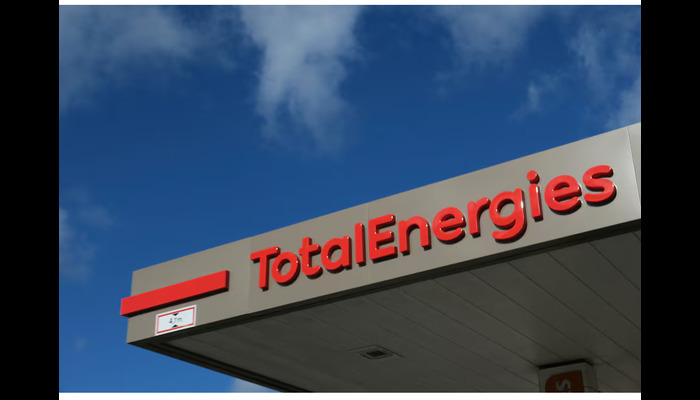TotalEnergies’ planned sale of a minority stake in a Nigerian onshore oil producer has collapsed after regulators withdrew their earlier approval.
The French oil major had agreed in July 2024 to sell its 10% interest in Shell Petroleum Development Company of Nigeria Limited (SPDC) to Mauritius-based Chappal Energies. The move was part of a broader strategy by international oil companies to divest from mature, pollution-prone onshore assets in Nigeria and channel investment into newer, more profitable operations.
Approval for the sale, originally granted in October 2024, was rescinded because the parties failed to meet key financial obligations tied to the deal, according to the Nigerian Upstream Petroleum Regulatory Commission (NUPRC).
“The ministerial consent was accompanied by certain financial obligations to the Nigerian people with strict deadlines. However, both parties failed to meet their financial commitments after repeated extensions, forcing the commission to cancel the deal,” NUPRC spokesperson Eniola Akinkuoto said on Tuesday.
Read Also: NUPENG, PENGASSAN reject proposed sale of national assets, PIA amendment
According to Bloomberg, a source familiar with the negotiations said Chappal was unable to raise the $860 million needed for the acquisition. This, in turn, prevented TotalEnergies from meeting its own obligations, including regulatory fees and contributions to an environmental remediation fund to cover future liabilities.
Chappal has not disclosed the financial backers for the proposed deal. Last year, however, the company successfully acquired Nigerian assets from Equinor in a $1.2 billion transaction, with financing support from Mauritius Commercial Bank and commodities trader Trafigura.
The failed transaction leaves TotalEnergies with its 10% stake in SPDC, which has struggled for years with oil spills caused by theft, sabotage, and operational problems. These incidents have driven up repair costs and attracted scrutiny from regulators and environmental activists.
In March 2025, Shell sold its 30% shareholding in SPDC to a consortium of five mostly local firms for up to $2.4 billion. U.S. oil major ExxonMobil, Italy’s Eni, and Norway’s Equinor have also divested from Nigerian onshore operations in recent years, opting to focus on assets with stronger returns.
The collapse of the sale is a blow to TotalEnergies’ strategy of reducing debt and cutting exposure to high-cost, carbon-intensive assets.
CEO Patrick Pouyanné told investors in July 2024 that the Nigerian divestment was one of three deals expected to generate $3.5 billion by year-end and improve the company’s debt-to-equity ratio, which stood at 28% mid-year including leases and hybrid debt. Total’s net debt had surged 89% in the year to July, reaching $25.9 billion.
TotalEnergies still holds interests in 15 oil-producing licences in Nigeria, yielding about 14,000 barrels of oil-equivalent per day in 2023, as well as three gas licences that supply roughly 40% of feedstock to Nigeria LNG.

